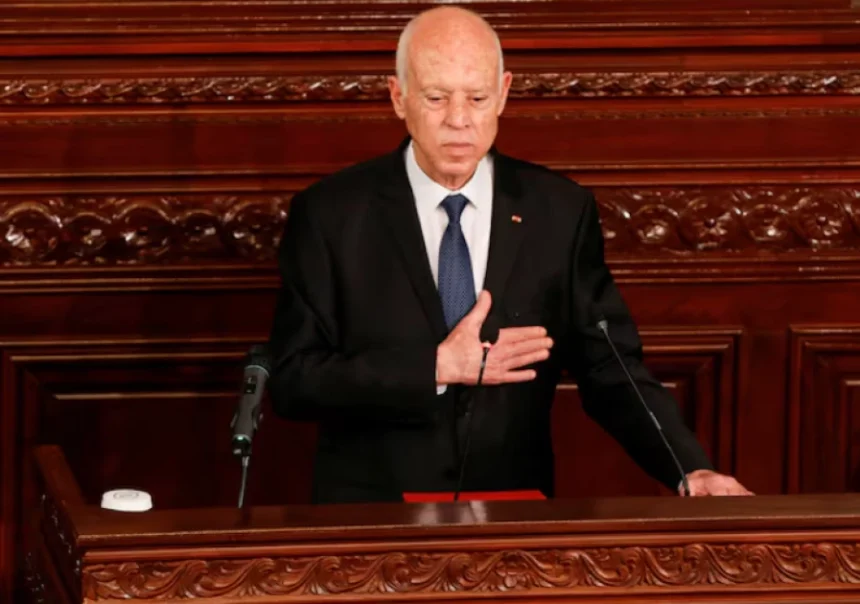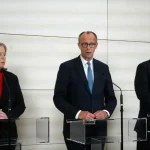In a stark warning to digital activists and critics worldwide, a Tunisian man has been sentenced to death for comments made on Facebook. This case shatters the illusion of the internet as a safe space for dissent and demonstrates the terrifying lengths to which repressive regimes will go to control the digital narrative.
The prosecution relied on a draconian cybercrime and counter-terrorism law to frame online criticism as a capital offense. This represents a terrifying new frontier in digital authoritarianism, where ‘likes,’ ‘shares,’ and comments are treated as acts of terrorism. The evidence presented in court was not a weapon or a plan for violence, but data—digital text from a social media platform.
The Chilling Effect on Global Digital Freedom
This verdict has implications that extend far beyond Tunisia’s borders:
-
The Shrinking Digital Public Square: When the cost of online criticism is a death sentence, free discourse dies. This creates a climate of intense self-censorship, destroying the internet’s potential as a platform for holding power to account.
-
The Blueprint for Repression: Other governments with restrictive cybercrime laws will be emboldened by Tunisia’s actions. We can expect to see a rise in similarly extreme punishments for online speech in other countries, using this case as a justification.
-
Platform Accountability: This tragedy forces a difficult conversation about the role of tech giants like Meta (Facebook’s parent company). While they have community standards, they are often ill-equipped to respond when governments weaponize their platforms to facilitate judicial persecution. What is their responsibility in such extreme cases?
This is a pivotal moment for digital rights. The line between the digital and physical worlds has been violently erased. The fight for a free and open internet is now, unequivocally, a fight for human life itself. We must defend the right to dissent online, because the alternative is a world where a single post can be a death warrant.










